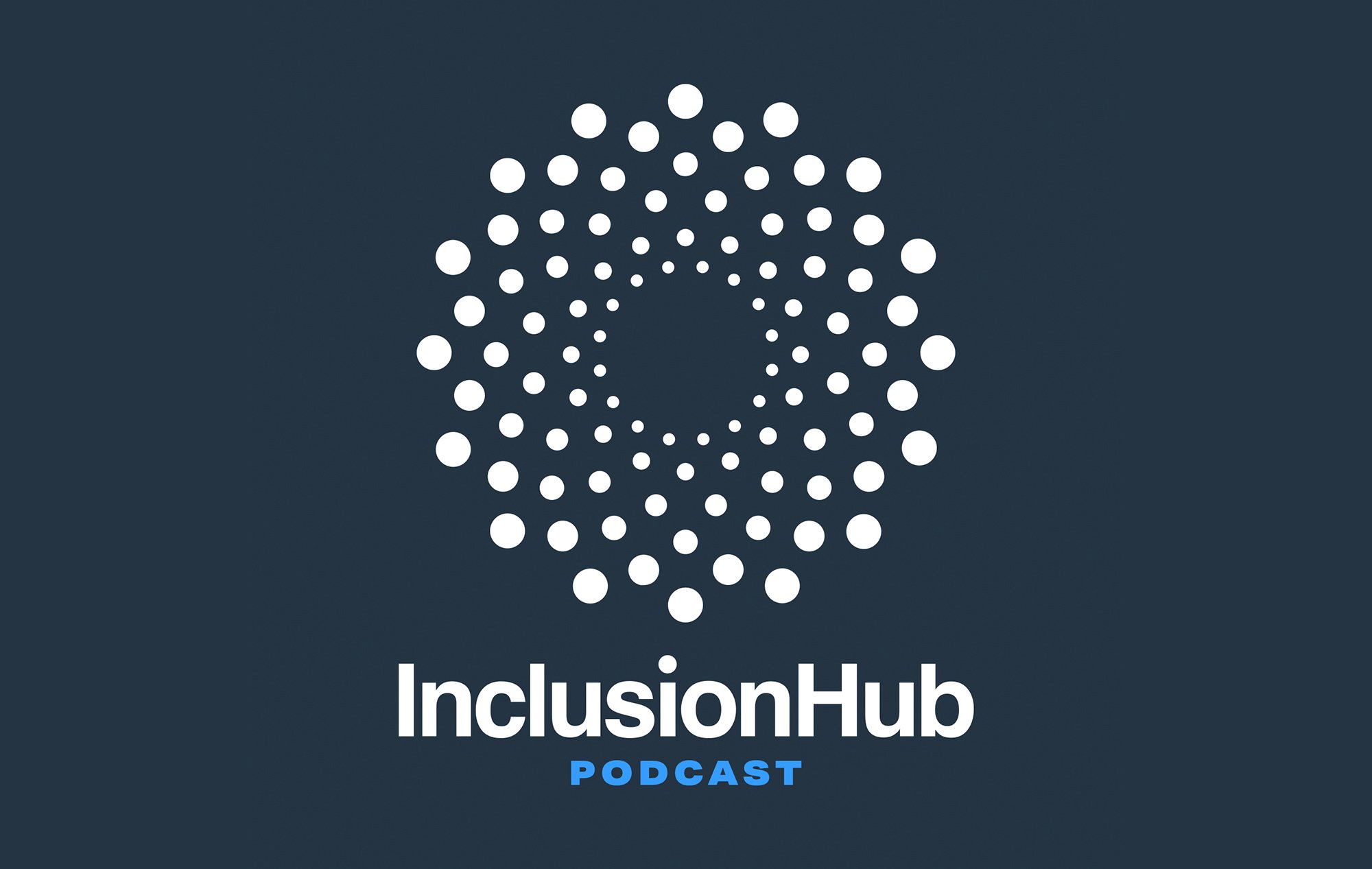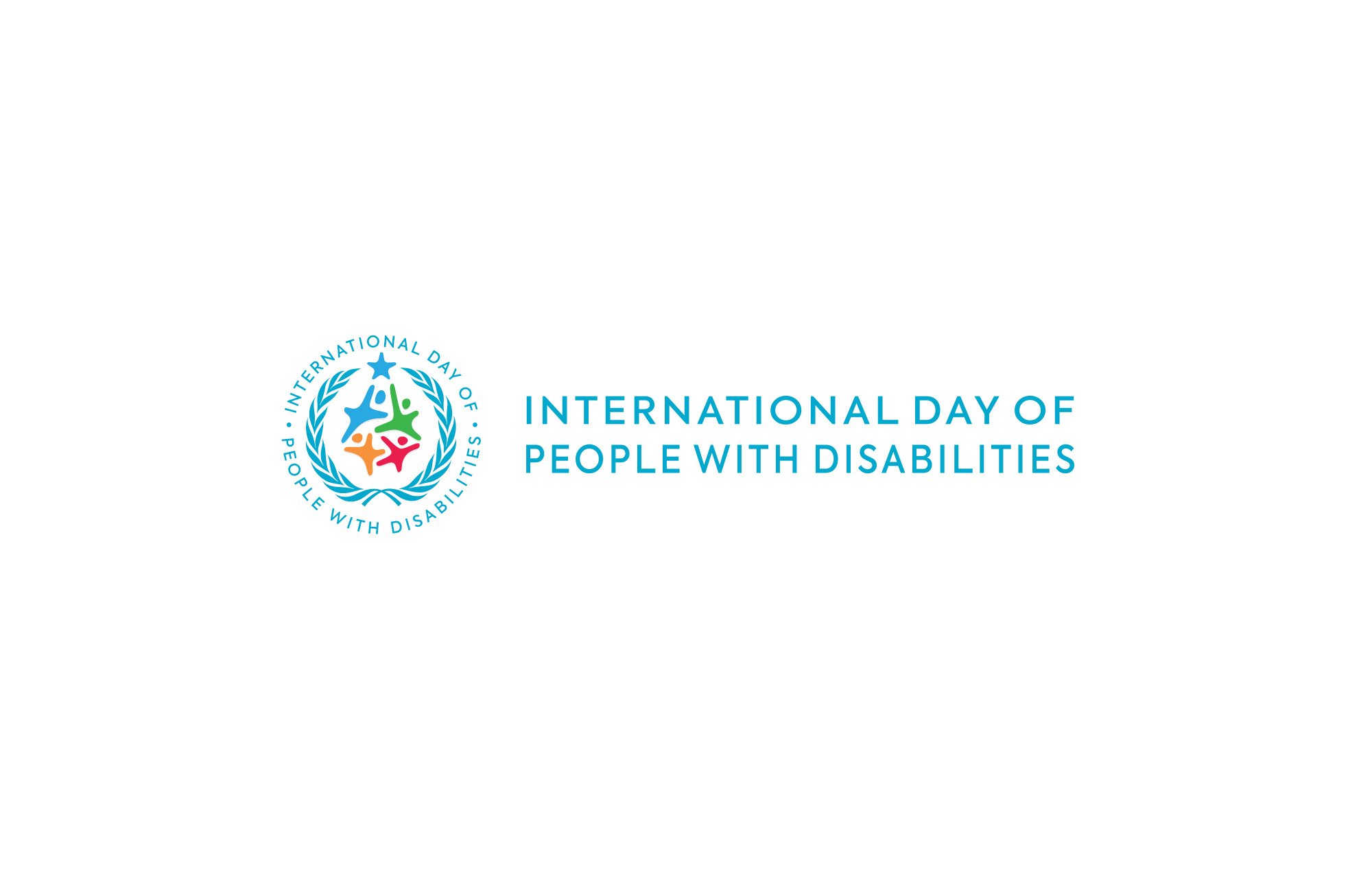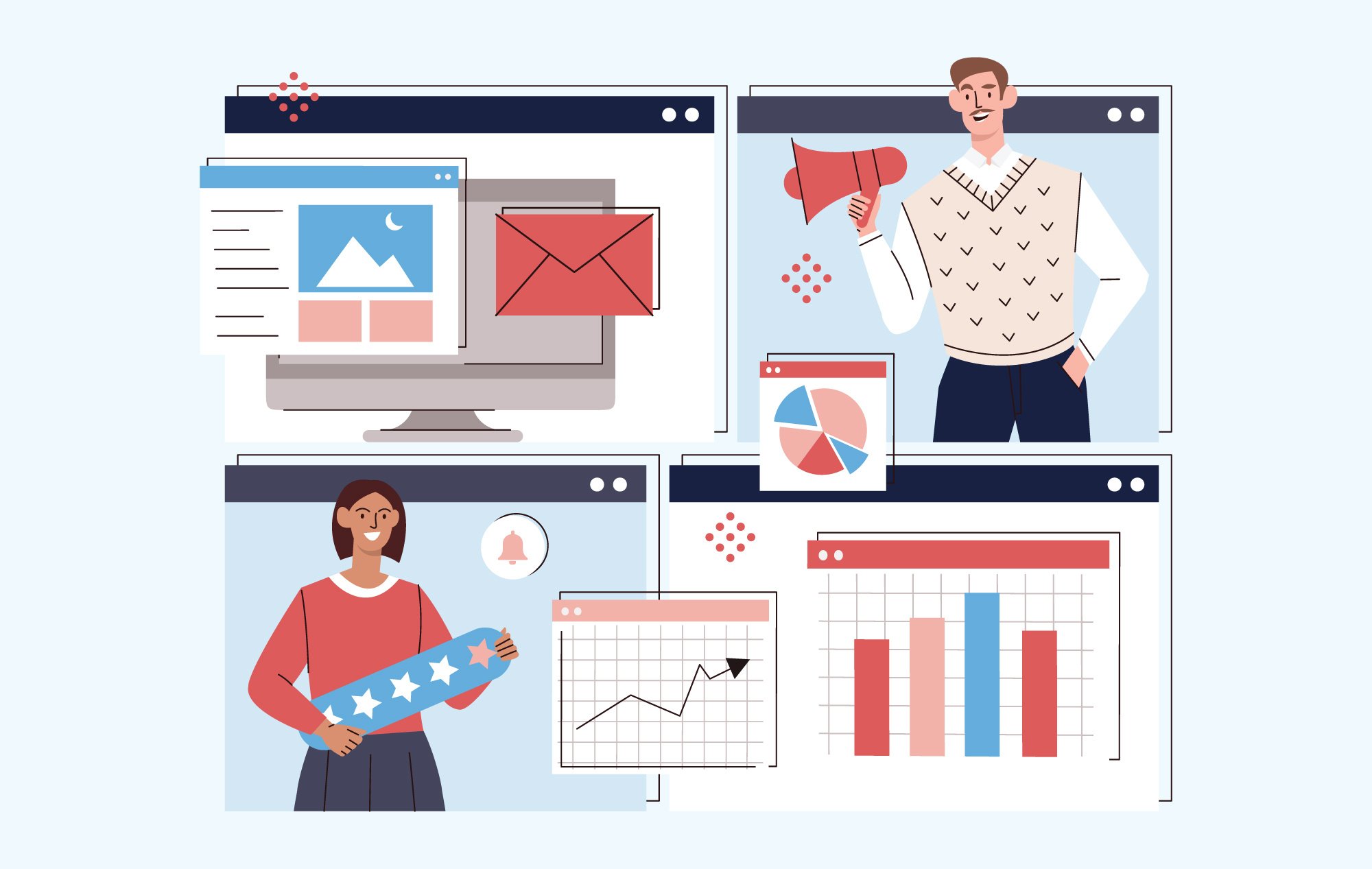Welcome to the inaugural episode of The InclusionHub Podcast.
InclusionHub launched in December 2020 with the express purpose of building an online community to help make the digital world a more accessible and inclusive place. We’re under no illusion that dramatically changing the infrastructure and design of the digital world will be easy, but we’re committed to doing our part to ensure anyone, regardless of disability or socioeconomic status, has easy access to the greater online ecosystem.
What Is The InclusionHub Podcast?
Today, having just passed the 32nd anniversary of the Americans With Disabilities Act (ADA) being signed into law, we’re launching The InclusionHub Podcast to help contextualize the issue of digital accessibility and advocate for a more inclusive web.
The series—with episodes released biweekly—will take you through the journey of the disability rights struggle, help people understand the enormous impact of the landmark legislation, and hopefully inspire more people to join us in the pursuit of living in a world in which accessibility is the default for any new technology, software, or web-based platform.
The host of InclusionHub Podcast is Sam Proulx, Accessibility Evangelist at Fable, a leading accessibility testing platform powered by people with disabilities. Sam is also blind.
“For millions across the globe, navigating the digital world can be painstaking, if not altogether impossible—and that’s because for years, the people behind popular tech platforms failed to incorporate web accessibility,” Sam says in the introduction of the episode.
“Consider this: An estimated 15 percent of people on this planet experience a disability. And it’s critically important to stress right here at the beginning of this podcast that having a disability is not the exception, nor a curse,” he continues. “Disabilities know not race, sex, age, nationality, nor socioeconomic status. Disabilities do not discriminate. They are not relegated to one country. They do not judge.”
Episode 1: ‘Accessibility By Default’
The first thing you’ll hear (or read in the accompanying transcript) will be the voice of Tim Berners-Lee, who founded the World Wide Web more than three decades ago. We chose Berners-Lee not simply because of his crowning achievement, but because as the director of the World Wide Web Consortium (W3C), he’s a fierce advocate for greater web accessibility.
While commemorating the 30th anniversary of the World Wide Web in 2019, he lamented how the divide between those who are online and those who are not “increases” with every new digital feature and website. It’s a painful cycle, seemingly repeated with every new advancement in science and technology.
It shouldn’t be this way. As Sam stresses, it was never meant to. And if we’re successful, that will hopefully be the takeaway from this inaugural episode.
“A system that had every possibility of being accessible by design was to some extent hijacked by corporate interest and flawed by design and by carelessness,” explains Jutta Treviranus, one of the guests on this episode. “It was more important to make things proprietary than to allow open access. To monetize every interaction than to make it universally usable. To corner the market share than to allow people to use diverse, affordable devices. Because of this abject failure of design, the disability community had to resort to regulations and laws. Laws are needed to prevent harm. And because we seem not to know what is good for us, laws are also ill-suited to this task of making sure that the web works for our human diversity.”
Titled ‘Accessibility By Default,’ this episode takes you on a critically important journey through the early days of the Internet. Our guests expertly diagnose the problem, explain its insidious spread, and lay out clear and simple steps to rectify this decades-long injustice.
As you’ll learn, there was a great deal of optimism in the early days of the internet, which was seen as a democratizing space—especially for people with disabilities who had lived through decades of discrimination. But it didn’t take long for corporations to corrupt the system, putting profits and intellectual property over the users themselves.
Episode Guests
Throughout this podcast series, you’ll hear from luminaries from the disability rights movement and people making it their life’s work to ensure full web accessibility.
This first episode doesn’t disappoint. They include:
- Jutta Treviranus, director of the Inclusive Design Research Centre at Toronto’s OCAD University. Treviranus is a global expert on inclusive design, whose research has been used to inform everything from government policy to an international treaty on disability rights. She is quite literally one of the foremost experts on web accessibility.
- Mike Hess, the founder of the nonprofit Blind Institute of Technology, which helps to advance the careers of professionals with disabilities.
- Laura Kalbag, co-founder of the nonprofit Small Technology Foundation and author of the book ‘Accessibility for Everyone.’
Listen to The InclusionHub Podcast
You can listen to the podcast at the bottom of this post, But we encourage you to follow or subscribe to the podcast on your favorite app so you never miss a new episode.
Before we go, we’d like to thank our sponsors, all of whom are doing incredible work on the web accessibility front. All of our sponsors are also InclusionHub Founding Partners: Salesforce, a leading customer relationship management software provider; Morey Creative Studios (MCS), a HubSpot Diamond Partner Agency; Fable, a leading accessibility testing platform; and Be My Eyes, a free app connecting blind and low-vision people with sighted volunteers.
Head over to our Founding Partners page to learn more about each of our sponsors.
We hope you enjoy the podcast. Access the episode transcript here.
InclusionHub Podcast is brought to you by InclusionHub’s Founding Partners, listed above. Audio Editor/Sound Designer/Producer: Manny Faces Media. MCS Editor-In-Chief/Producer: Christopher Twarowski. MCS Managing Editor/Producer: Rashed Mian.






Leave a Comment